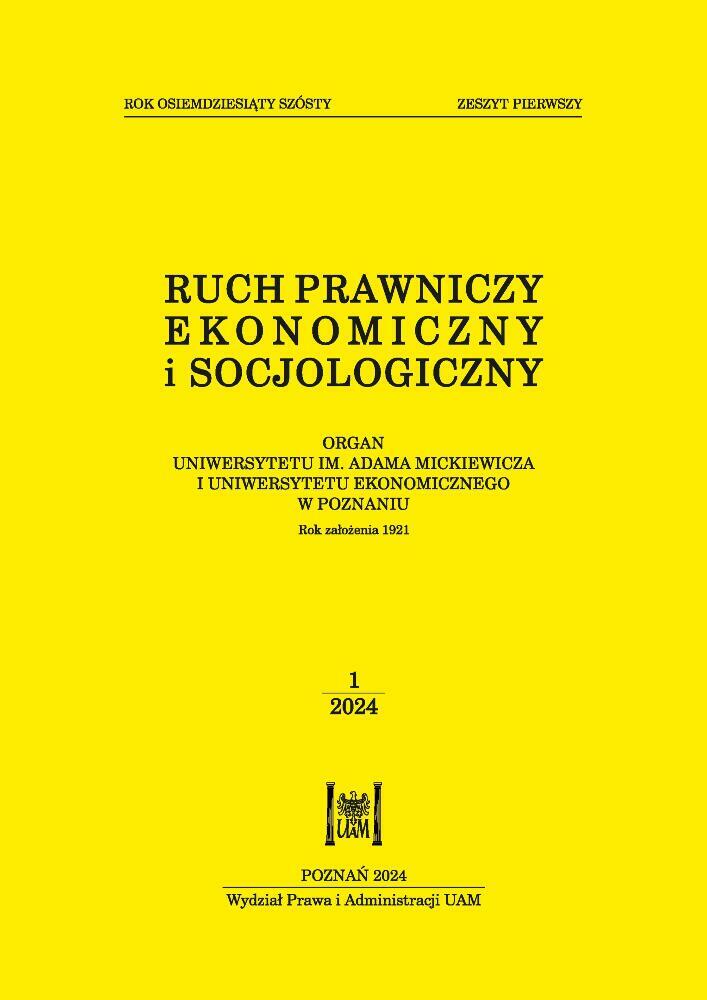O LOGICZNYCH PODSTAWACH RELACJI SPECJALNOŚCI W PRAWIE KARNYM: UWAGI KRYTYCZNE
DO KONCEPCJI WŁADYSŁAWA WOLTERA
ON THE LOGICAL GROUNDS OF THE RELATIONSHIP OF SPECIALITY IN CRIMINAL LAW: CRITICAL REMARKS ON WŁADYSŁAW WOLTER’S CONCEPT OF SPECIALITY
Author(s): Michał RachalskiSubject(s): Criminal Law, Sociology of Law
Published by: Uniwersytet Adama Mickiewicza
Keywords: relation of speciality; lex specialis; apparent concurrence of provisions; basic type of criminal offence; special type of criminal offence;
Summary/Abstract: This study critiques Władyslaw Wolter’s assertion that the speciality relationship (lex specia- lis) in criminal law is based on a logical relationship of disjointness rather than subordination. Wolter’s concept of speciality still significantly influences both the theory and practical applica- tion of criminal law in Poland today. According to the approach criticized here, recognizing the relationship of disjointness is preceded by the interpretive operation of adding the negation of the specializing element from the special type of offence to the description of the basic type of offence. The author’s criticism is mainly internal, aimed at confronting Wolter’s arguments with the methodological assumptions and general criteria of consistency and validity of reasoning. The study attempts to demonstrate the contradictions or undesirable consequences arising from Wolter’s claims in two specific areas: determining the relation between two special types of of- fence and in the context of what is called homogeneous concurrence of provisions. Leaving such dysfunctions unresolved highlights serious flaws in Wolter’s concept. On the other hand, fixing the concept in this regard must involve teleological reasoning, which challenges Wolter’s original thesis about the concept’s strictly logical foundations.
Journal: Ruch Prawniczy, Ekonomiczny i Socjologiczny
- Issue Year: 86/2024
- Issue No: 1
- Page Range: 97-114
- Page Count: 18
- Language: Polish

